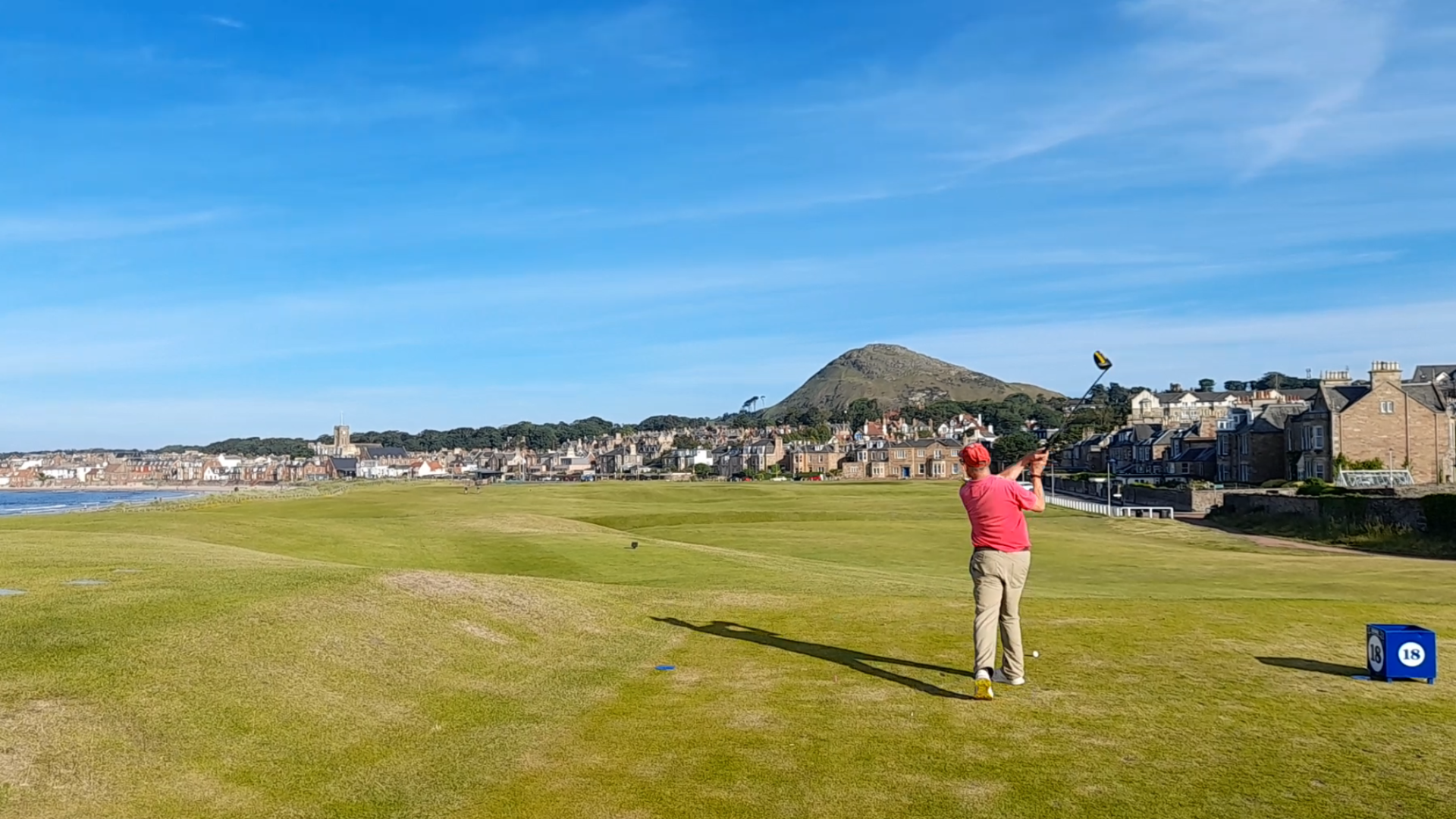Give disabled people support to live, not right to die

Last weekend, former Archbishop of Canterbury Lord Carey spoke in favour of assisted suicide. The 24 hours that followed contained a barrage of headlines, interviews and reports covering opinions from both sides of the argument.
But notable by their absence were the views of disabled people, many of whom have vehemently opposed the introduction of any form of assisted dying legislation.
Disabled people have created groups such as the Not Dead Yet campaign to air their voices. However, the opinions of the disabled community seem to be lost in the furore and the voices of the individuals this bill is most likely to affect are not being heard.
A sheet of tissue paper could be used to represent the gap between illness and disability. The late Margo MacDonald MSP, in her final attempt to pass a similar bill through the Scottish Parliament, said “it has nothing to do with disabled people”. Surely this bill has everything to do with disability?
Earlier this year the government in Belgium – which has had assisted suicide legislation for 12 years – voted to extend the legal right to assisted dying to terminally ill and disabled children. Those who claim the introduction of this kind of legislation in Britain would not be the first steps down a rocky moral road need only look at the Belgian example.
Thousands of disabled people live valuable and productive lives given the right support. Rather than considering how we can help people to end their lives, we ought be looking at the support society can give them to reach full potential.
The living standards of disabled people are being eroded by cuts to welfare and services that thousands rely on to maintain independence. Rather than offering disabled and terminally ill people the right to die, society ought to offer them the support to live.
There can be nothing less dignified than delivering a lethal injection to end someone’s life who we, as a society, have failed to make worthwhile and value.
• David Reilly, a molecular medicine graduate from Edinburgh, has cerebral palsy
